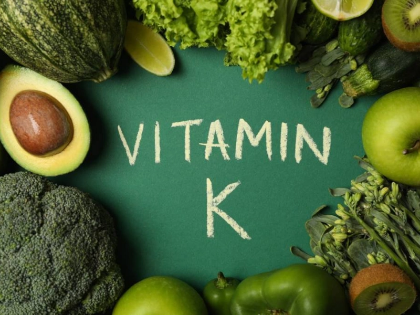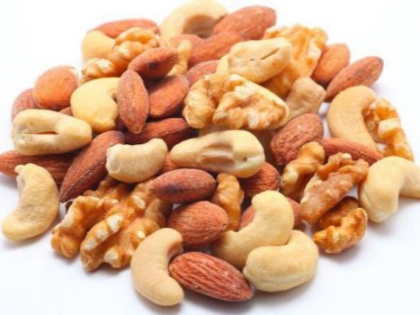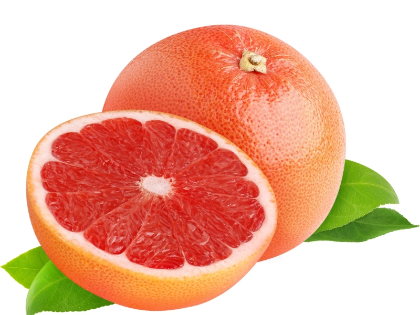Enhancing Nutrient Absorption with Vitamin K
1. Recognizing Vitamin K
Particularly in blood coagulation and bone health, vitamin K is a fat-soluble vitamin that is absolutely essential for many different body systems. Found mostly in green leafy vegetables, K1 (phylloquinone) and K2 (menaquinone) are the two main forms of it; K2 is found in animal products and fermented foods. Although its purposes are well-known, new studies show that vitamin K is quite important for improving nutritional absorption, making it a necessary element of a balanced diet.
2. How Vitamin K Helps Absorption of Nutrients
Proteins that control calcium in the body synthesize themselves from vitamin K. Its main purpose is to activate proteins that help bind calcium to other tissues and bones. This process not only promotes bone strength but also improves the absorption of other nutrients, especially those that cooperate with calcium, such as magnesium and vitamin D. Ensuring sufficient vitamin K levels helps people increase their body's capacity to efficiently absorb and use these vital minerals.
3. Cooperation with Vitamin D
Though its importance in calcium absorption is well-known, vitamin D's efficacy is much improved when taken with vitamin K. While vitamin D raises calcium levels in the bloodstream, vitamin K ensures that calcium is focused on the bones and teeth instead of soft tissues, where it can cause calcification and other health problems. Maintaining ideal bone density and general skeletal health depends on the cooperation between vitamins K and D.
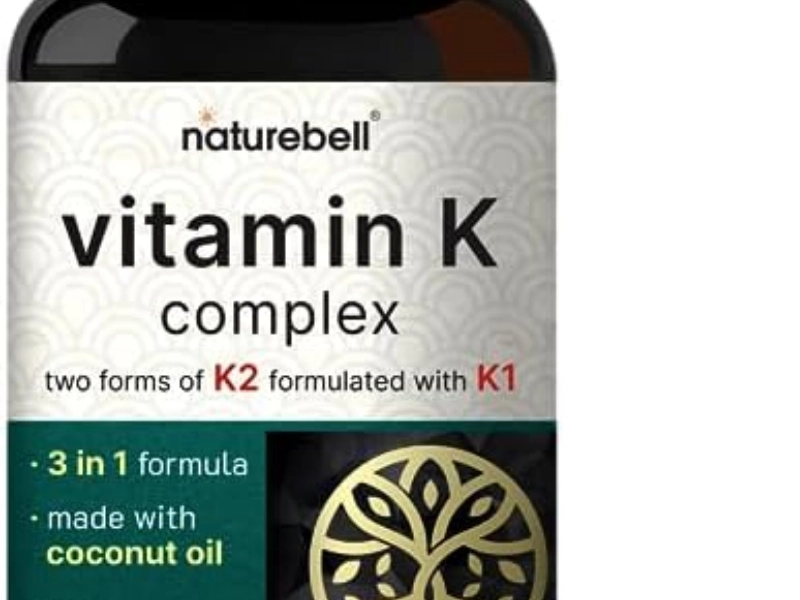
4. Effect on Bone Conditions
Studies point to a lower risk of fractures and better bone mineral density associated with sufficient vitamin K intake. Vitamin K increases osteocalcin, a protein that binds calcium in bones, thereby strengthening their structure. Particularly in older persons who are more likely to have osteoporosis and fractures, vitamin K is crucial in preserving bone health by improving nutrient absorption and utilization.
5. Improving Other Nutrient Absorption
Apart from calcium, vitamin K enhances the absorption of other minerals, including vitamin A and several antioxidants. Vision, immune system performance, and skin health all depend on vitamin A; antioxidants assist the body in fighting oxidative stress. Vitamin K contributes to a well-rounded diet, supporting general health and well-being by aiding the absorption of essential nutrients.
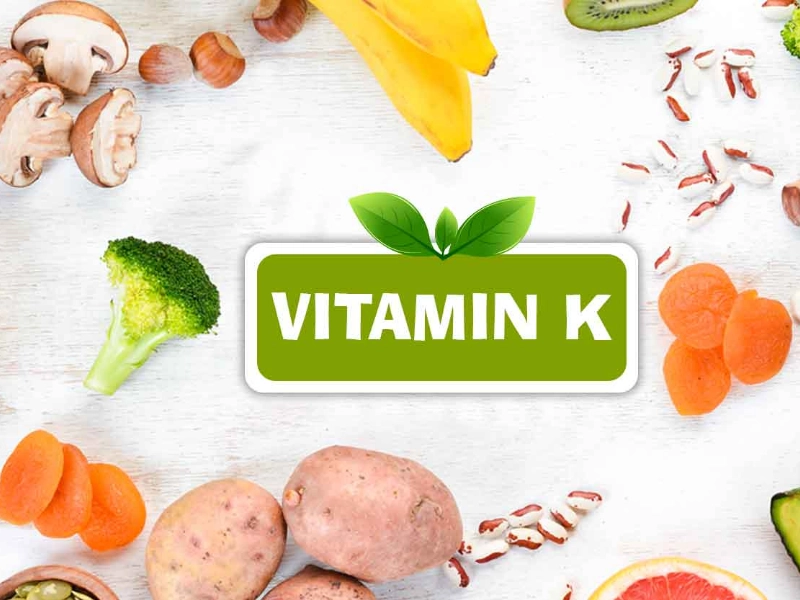
6. Vitamin K Dietary Sources
Including foods high in vitamin K will help you improve the absorption of nutrients in general. Great sources of vitamin K1 are leafy green vegetables, including kale, spinach, and broccoli. Fermented foods like natto, sauerkraut, and some cheeses supply vitamin K2. Including a range of these items in your meals can help to ensure that you meet your vitamin K requirements and, thus, support nutrient absorption.
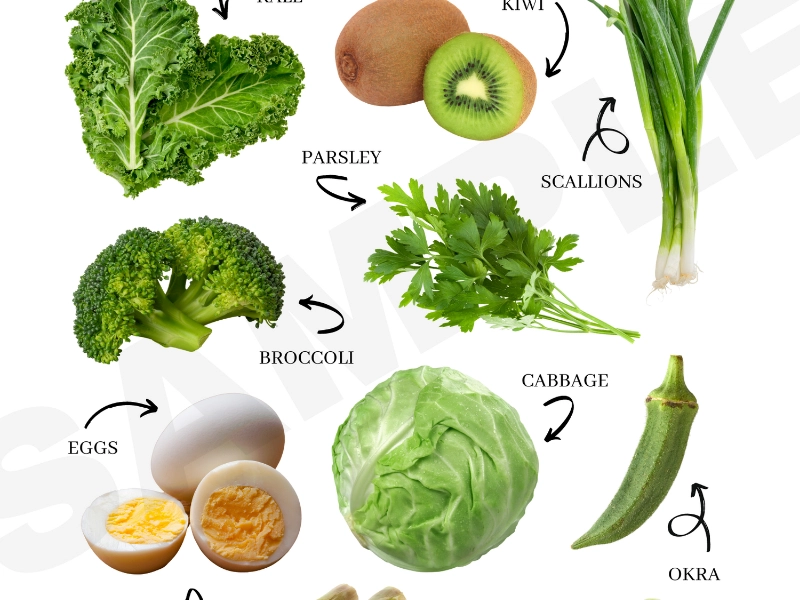
7. Why Absorption Needs Fat
Vitamin K is a fat-soluble vitamin; hence, consuming it along with healthy fats can greatly increase its absorption. Including sources of healthy fats, such as avocados, olive oil, nuts, and seeds, in meals containing vitamin K-rich foods will help this vital nutrient become more bioavailable. This habit not only helps the body absorb nutrients generally but also increases vitamin K absorption.
8. Potential Deficiencies: Their Effects
Among the several health problems that vitamin K insufficiency can cause are weakened bones and poor blood coagulation. Those with malabsorption issues, certain gastrointestinal diseases, and those on long-term antibiotic treatment are among those who may experience a deficiency. Addressing vitamin K insufficiency through dietary modifications or supplements helps to enhance nutrient absorption and general health, thereby lowering the risk of related health problems.
9. Enhancement Issues
For those who might have trouble getting enough vitamin K from their diet, supplements can be a good option. Both K1 and K2 versions of vitamin K supplements are available; the correct one will depend on your dietary requirements and health objectives. Before beginning any supplements, it is imperative to consult a healthcare practitioner to ensure they fit your health needs and to prevent possible drug interactions.
10. Synopsis of the Function of Vitamin K in Absorption of Nutrients
Vitamin K is a necessary vitamin that improves the absorption of several other crucial minerals, particularly calcium, vitamin D, and vitamin A. Maintaining ideal health depends critically on vitamin K supporting bone health and improving overall nutrient utilization. Along with healthy fats, including foods high in vitamin K will greatly enhance nutrient absorption and promote overall well-being. Understanding the value of this vital vitamin will enable individuals to make informed dietary choices to support their health.





